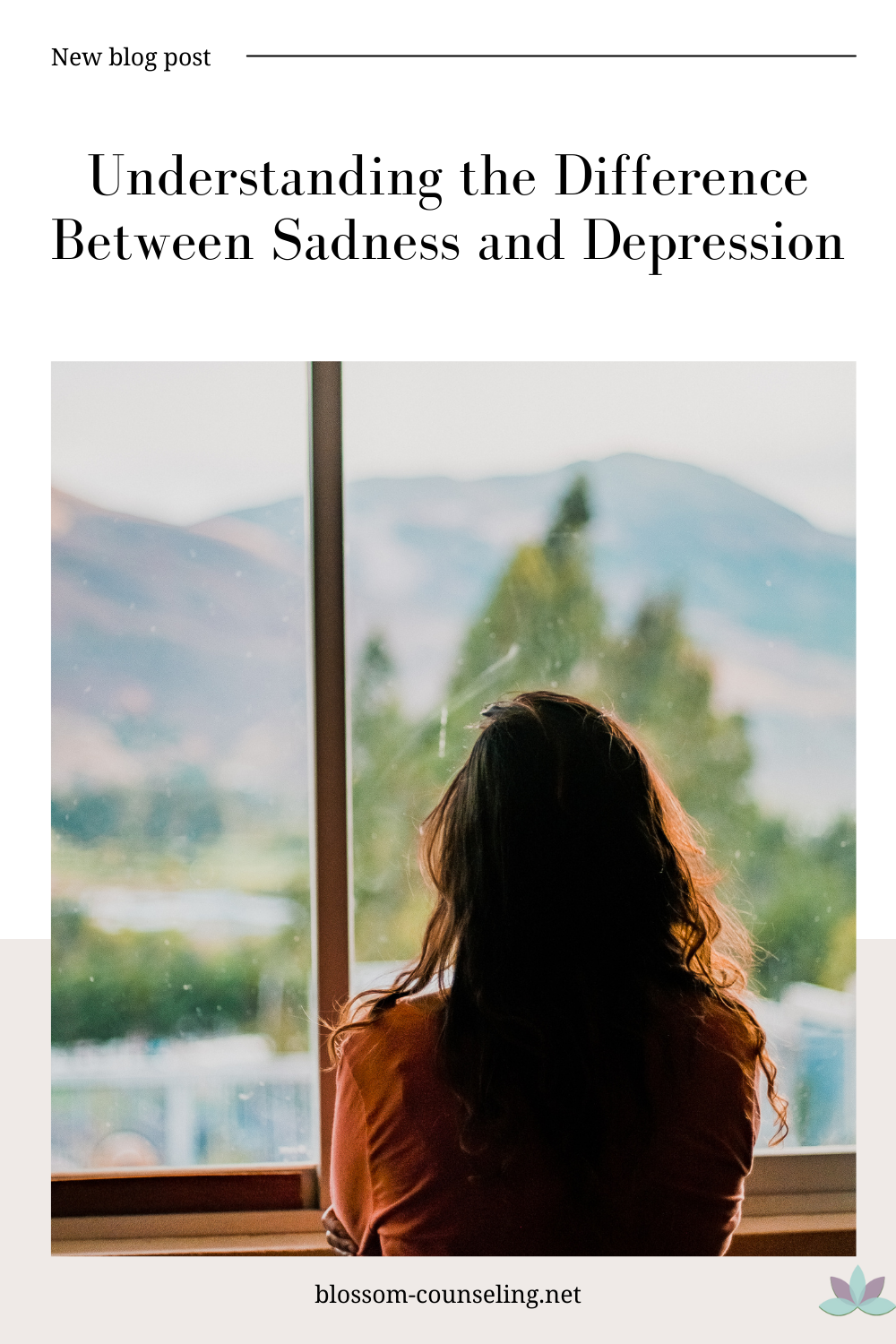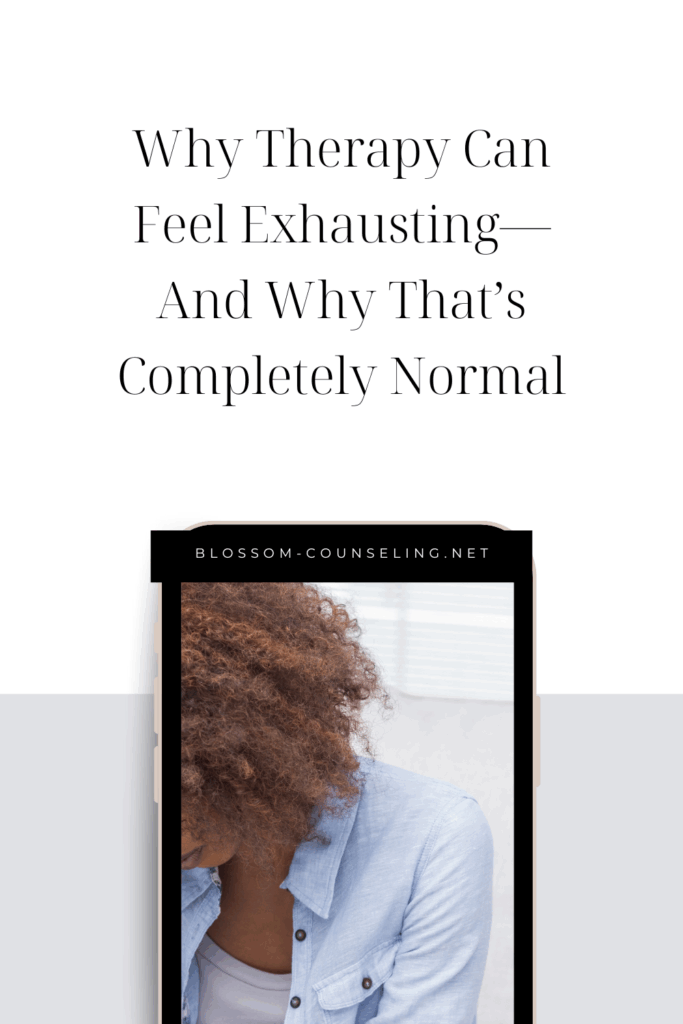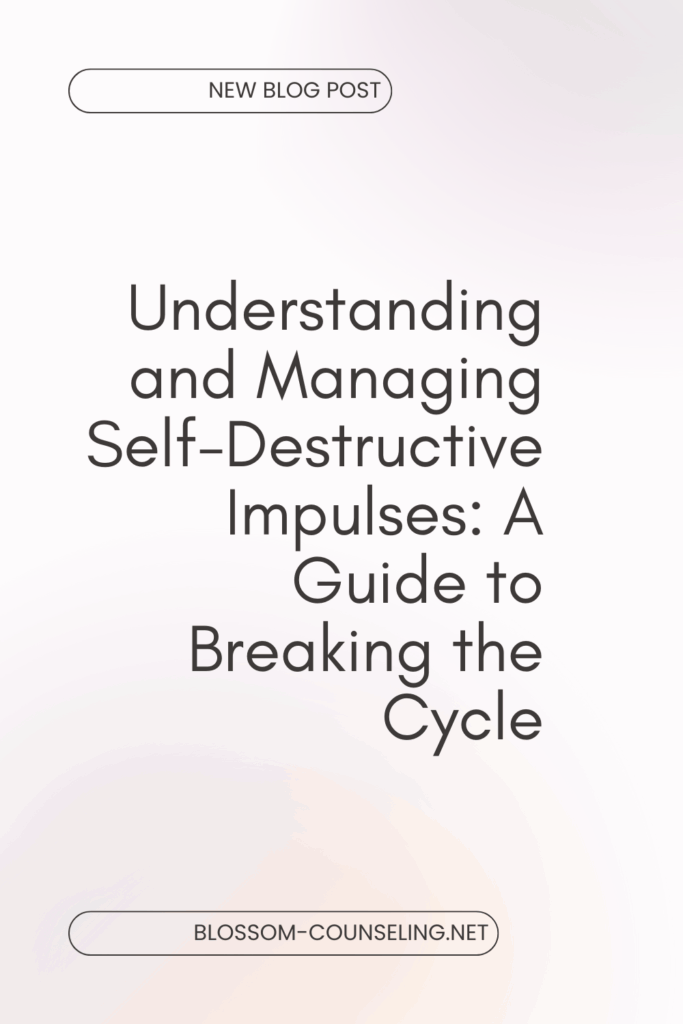
It’s a rainy day, and you’ve just finished watching a particularly emotional movie. You feel a heaviness in your heart, maybe even shed a tear or two. You’re sad. But tomorrow, the sun will shine, you’ll share a laugh with a friend, and that weight will lift. Contrast this with feeling persistently down, unable to find joy in anything, and struggling to get out of bed every day for weeks on end. That’s a peek into the difference between sadness and depression.
Sadness: A Natural Emotional Response
Triggered by Specific Events: Sadness often arises from specific circumstances, like losing a job, a relationship ending, or even just having a bad day.
Temporary: While the duration can vary, sadness is generally short-lived. As the situation changes or time passes, the emotion typically fades.
Doesn’t Alter Self-Worth: When sad, you might feel disappointed or sorrowful, but it usually doesn’t cause a profound sense of worthlessness or hopelessness.
Depression: A Deeper Dive
Persistent and Pervasive: Unlike the fleeting nature of sadness, depression lingers. It’s not just a bad day or week; it’s consistent feelings of despair for weeks, months, or even longer.
Affects Daily Functioning: Depression can influence one’s ability to work, study, eat, sleep, and enjoy once-pleasurable activities.
Physical Symptoms: Beyond the emotional toll, depression can manifest physically. This includes changes in appetite, sleep disturbances, fatigue, and even unexplained aches or pains.
Self-Worth and Hopelessness: Depression often comes with intense feelings of worthlessness or guilt. Some individuals might even experience thoughts of death or suicide.
Why the Distinction Matters
Understanding the difference between these two emotions is crucial. Everyone feels sad sometimes; it’s a natural, human experience. However, when those feelings don’t fade, when they start to take over your life and change the way you think about yourself and the world, it’s essential to recognize the signs and seek support.
Reaching Out for Help
If you or someone you know might be experiencing depression, it’s crucial not to go through it alone.
Talk to Someone: Whether it’s a trusted friend, family member, or therapist, speaking about your feelings can be a significant first step.
Professional Support: Mental health professionals are equipped with tools and techniques to help navigate and manage depression.
Limit Isolation: Engaging in social activities, even if virtual, can make a difference.
Healthy Habits: Regular exercise, a balanced diet, and adequate sleep can play a role in mental well-being.
Both sadness and depression are valid experiences, and both deserve attention and care. By understanding the nuances between them, we can better support ourselves and our loved ones. Life is filled with ups and downs, but no one should feel trapped in the lows. Remember, it’s okay to seek help, and there’s strength in vulnerability.
Sending warm thoughts and positive vibes to all our readers. You’re never alone on this journey.
|
|




